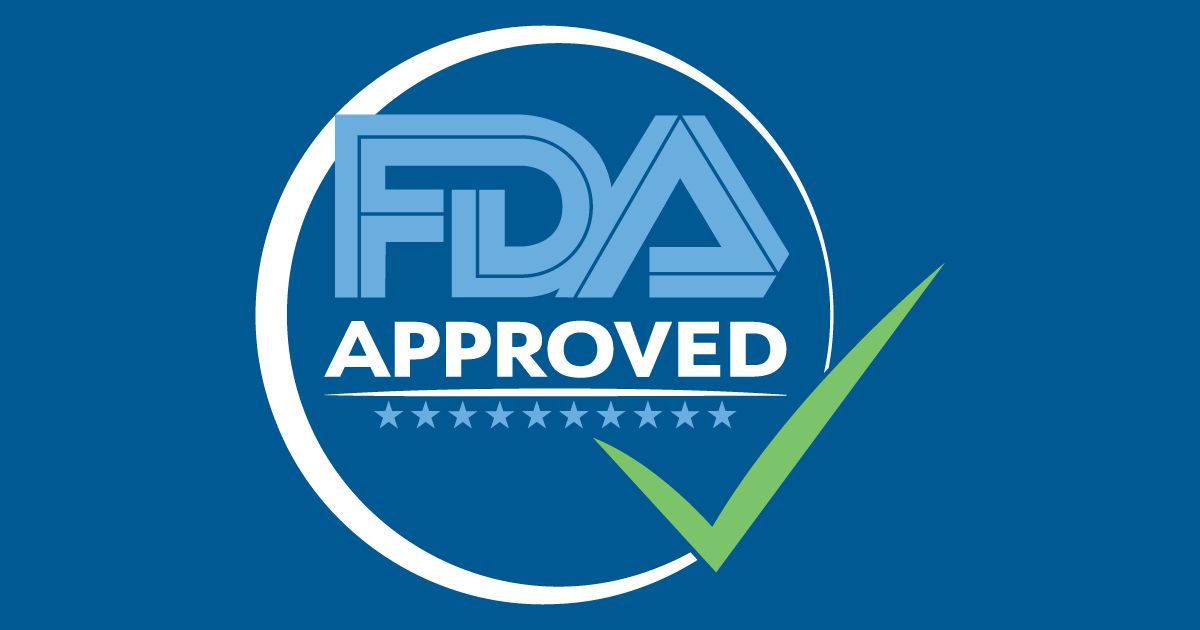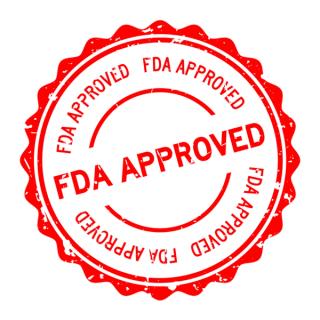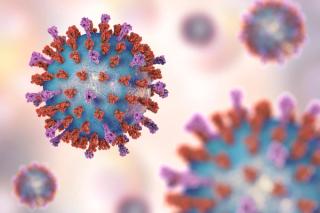
Drug Pipeline News
Latest News
Latest Videos

CME Content
More News

If approved, vatiquinone would have been the first therapy approved for pediatric patients with FA.

Richard Auchus, MD, PhD, discusses how crinecerfont is improving CAH care and easing the transition from pediatric to adult management.

FDA approves first generic iron sucrose injection for treating iron deficiency anemia in CKD patients 2 years and older.

Brensocatib was granted FDA priority review in February 2025 for the small molecule, oral, reversible inhibitor.

FDA accepts priority review of gepotidacin, a first-in-class oral antibiotic, for treating uncomplicated urogenital gonorrhea in patients ≥12 years.
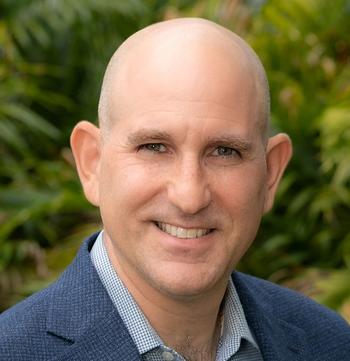
Manufacturer MannKind has submitted a supplemental Biologics Application to the FDA for its inhaled insulin Afrezza.

The expanded label of tocilizumab-anoh now includes treatment for patients aged 2 years and older with cytokine release syndrome (CRS).

The indication approved is for children aged 6 years and older who weigh at least 45 kg (99 lbs) for the preventive treatment of episodic migraine.

Get caught up with Contemporary Pediatrics! This list helps you navigate our top stories from the week, all in one place.

A look back at the FDA submissions and regulatory decisions in the pediatric health care space from July 2025.

The FDA approved concizumab-mtci (Alhemo; Novo Nordisk) for hemophilia A/B without inhibitors, offering once-daily subcutaneous prophylaxis that significantly reduces bleeding rates.

Nektar Therapeutics remains on track to announce top-line phase 2 data in December.

Pegcetacoplan (Empaveli; Apellis Pharmaceuticals) is indicated for patients 12 years or older to reduce proteinuria.

Suzanne Hollander, MS, RD, LDN; and Timothy Tramontana, MD, offer thoughts on newly FDA-approved sepiapterin for PKU.

“Without treatment, individuals with PKU would have very high blood Phe levels...so that results in neurocognitive deficits and mood disorders," Suzanne Hollander, MS, RD, LDN, said.

The FDA has approved avatrombopag and new sprinkle formulation for children ≥1 year with chronic ITP, offering an oral, food-flexible treatment option.

Solid Biosciences is planning a phase 1b clinical trial of SGT-501 to treat the catecholaminergic polymorphic ventricular tachycardia heart condition.
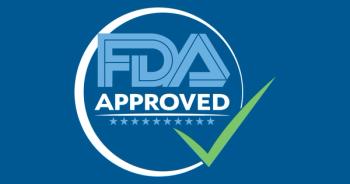
The FDA approves gardenia (genipin) blue as a natural food color, enhancing options for manufacturers and supporting the shift away from synthetic dyes.

The nitric oxide–releasing topical is the first prescription medication approved for at-home treatment of molluscum contagiosum.

The FDA accepted Eton Pharmaceuticals' NDA for ET-600 for pediatric arginine vasopressin deficiency, with a target action date in February of 2026.

Though the original target action date was not met by the FDA, KalVista's sebetralstat is now approved to treat HAE in patients 12 years and older.

A roundup of the most impactful FDA approvals in pediatric health from January through June 2025, spanning diagnostics, therapeutics, and at-home care.

A look back at the FDA submissions and regulatory decisions in the pediatric health care space from June 2025.

MNV-201 is being evaluated in phase 2 clinical trials for treatment of the ultra-rare, life-threatening mitochondrial disorder affecting children.

Roflumilast cream 0.05% is being studied for mild to moderate AD in infants aged 3 months to under 2 years in a new phase 2 trial.



